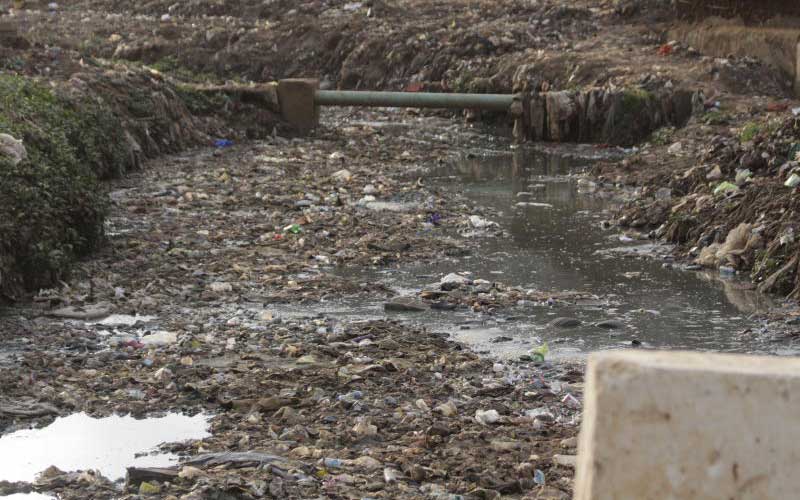×
The Standard e-Paper
Stay Informed, Even Offline

Nairobi River filled with effluent and trash from upstream as seen in Kibra in September 2019. [Phillip Orwa, Standard]
As Kenyans, we are increasingly disconnecting from the basics of life. We have purposed to abuse and neglect something as crucial as the natural environment that gives us life.